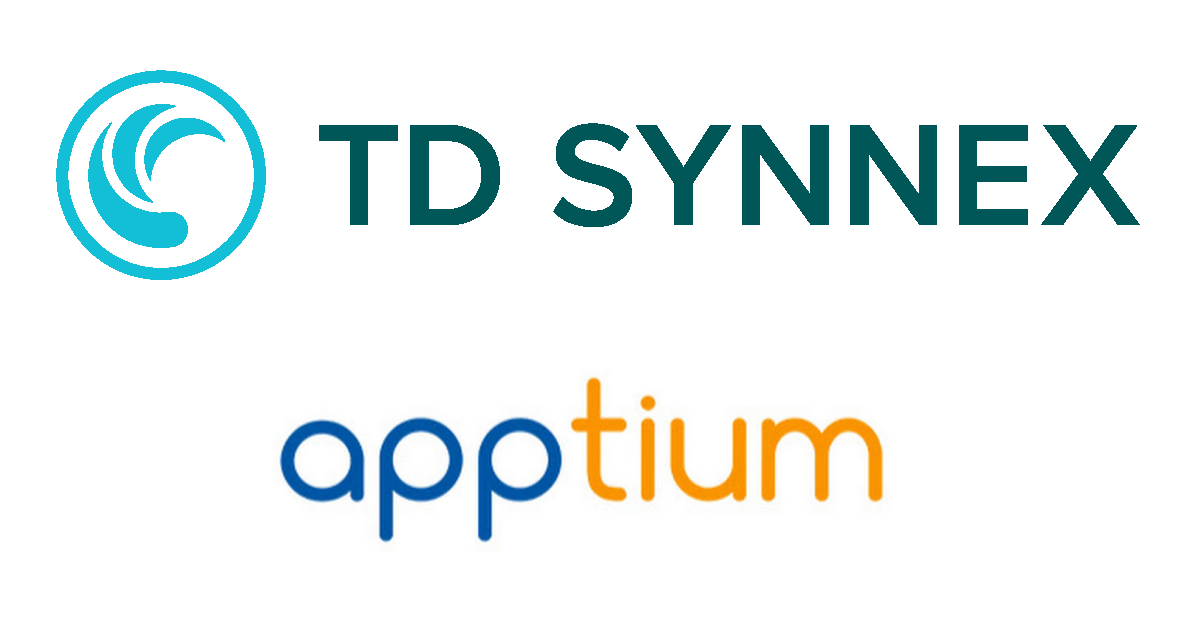
IT ecosystems are constantly developing as innovation continues to introduce new software and devices that augment typical business infrastructure. Effectively integrating an ever-growing array of sophisticated solutions can prove profitable for the business, offering enhanced scalability and flexibility while diminishing costs in the long term.
However, to reach the forefront of their industry, many businesses fervently adopt the newest technologies while lacking expertise among their in-house IT teams, which fail to implement the intense breadth of software efficiently. This has been exacerbated by the looming recession, which has caused stagnation in many businesses, forcing cuts to IT teams during an increasingly demanding period.
Fortunately for enterprises and the technologies they use, managed service providers (MSPs) can step in to provide the technological expertise and support capability that is lacking across many in-house IT units.
“By using managed IT services, organizations can avoid overwhelming their IT teams, instead outsourcing to a specialist group to determine the best course for integrating the necessary solutions to aid business growth and success,” said Ryan Walsh, Channel Chief, Chief Strategy Officer at Pax8, a global and fast-growing B2B cloud marketplace with $1B in annual recurring revenue. “Partnering with an MSP is core to delivering more for less, and building a profitable business, given the importance of cloud migration.”
As Everything as a Service (XaaS), cloud computing models, and other tools disrupt the market, it has become increasingly possible to integrate a myriad of digital services that operate on a fragment of the resources than was previously required.
Gartner forecasts expenditure on public cloud services to grow at a CAGR of 20.7% to reach $591.8 billion in 2023, a sizable increase from $490.3 billion the previous year. As companies continue to opt into a cloud migration culture, it is crucial to utilize MSPs to reduce the complexity that arises when monitoring an array of services, vendors, and applications.
This is all encouraging news for MSPs across the country looking to gain new business as more organizations realize they need managed services for the reasons detailed above. But the opportunity for growth also comes with the potential for operational inefficiencies.
“For MSPs, avoiding the pitfalls of traditional outsourcing by converting to a more holistic modern managed service is integral to differentiate from the legacy methods that have typically been delivered to organizations,” Walsh continued. “Operations require agility and flexibility with an emphasis on improvement across the whole company,” also explaining that MSPs must focus on providing the most end-to-end value.
Transforming to support this paradigm has implications for multiple areas of service management architectures as they approach cloud migration. MSPs should consider the following:
- Gain operational flexibility, agility, and reliability through automation, event-driven guidance, and proactive notifications that resolve issues and prompt guided activities;
- Guide integration and maintenance for applications and devices that allows solutions to consistently sustain high performance;
- Simplify management and responses to operational hazards and risks; and
- Identify and resolve problems at a hastened rate with real-time analytics providing reports, viewable from a centralized point to improve overall efficiency
As the digital transformation of business continues to complicate modern enterprise IT environments, MSPs must provide much-needed proficiency to companies, garnering holistic visibility to optimize operations across the business. While doing so, they should also look to improve their own business practices and efficiencies as they grow.
Edited by
Erik Linask






